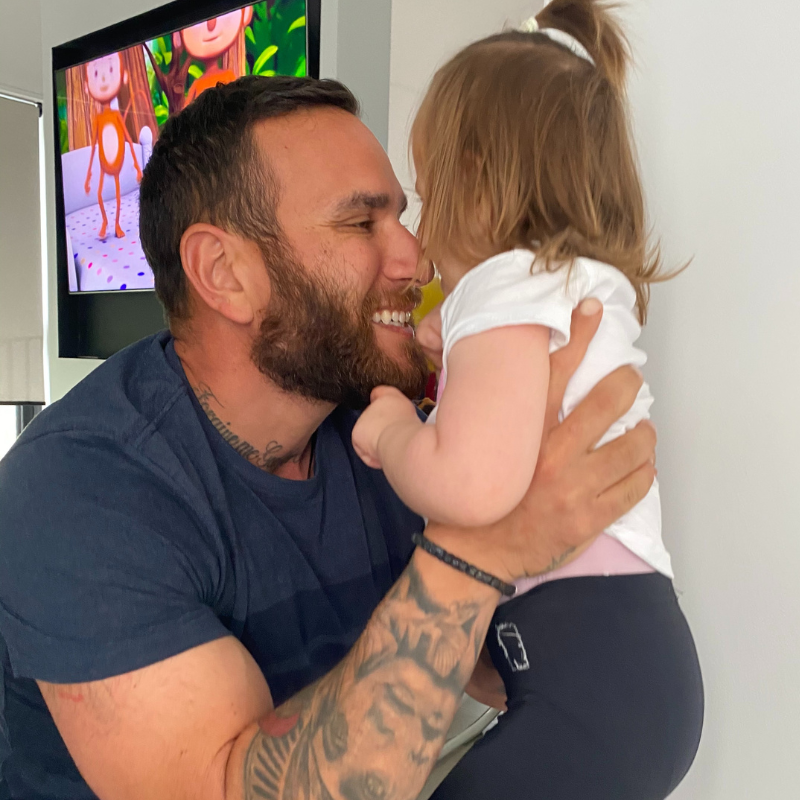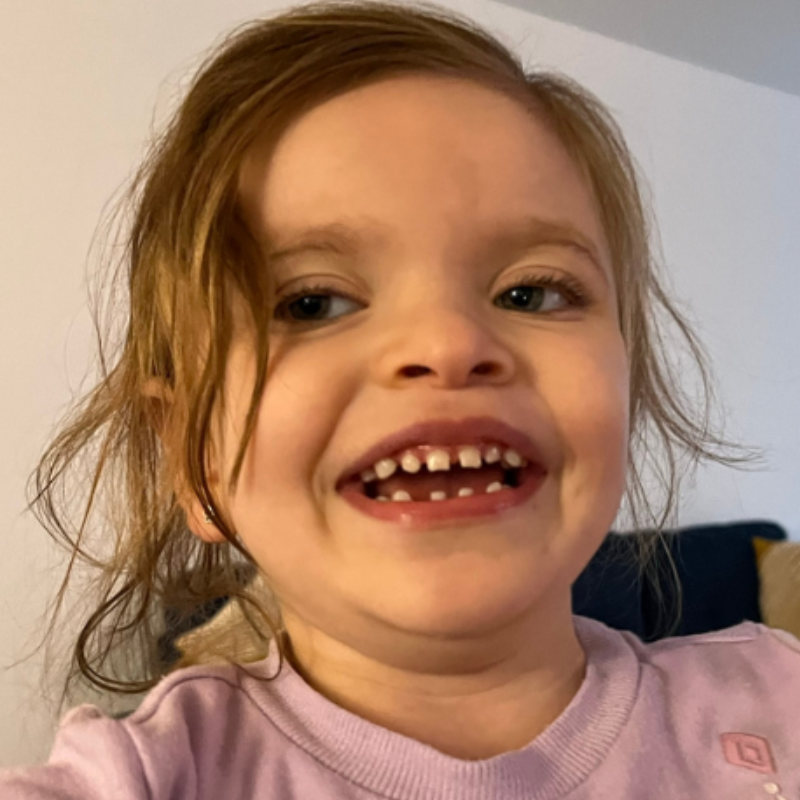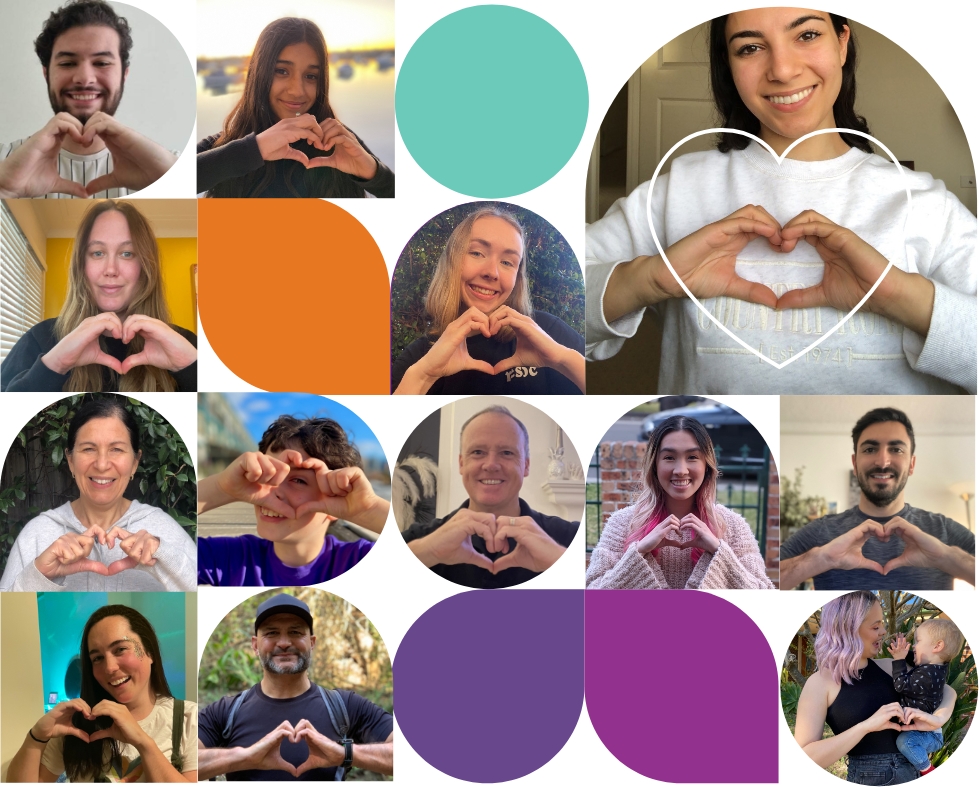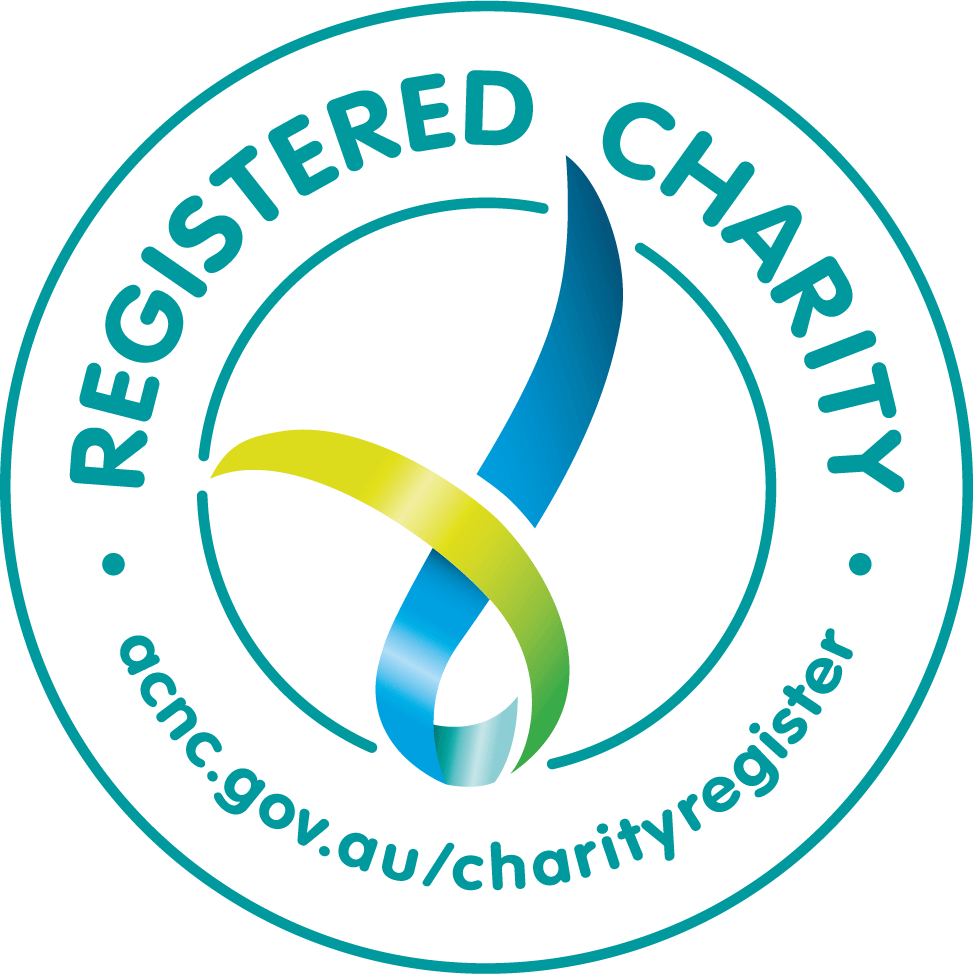Vanessa and Simon adore their 4-year-old daughter, Gabby.
“Gabby has this beautiful, affectionate little personality,” Vanessa says. “She loves the Wiggles and dancing – basically anything with any kind of music attached to it.”
Vanessa, Gabby's mum describes her as a “normal baby”, but when she was around six months of age, she started to miss key developmental milestones. It was these first signs that something wasn’t quite right that marked the beginning of a long journey.
Genetic testing when Gabby was 11 months old revealed a tiny difference with her genetics, but the road to a full diagnosis and care was a long and difficult one.
Senior Genetic Counsellor at Sydney Children’s Hospital, Randwick, Carolyn Shalhoub says; “Not having a diagnosis can be an extremely difficult thing to deal with as a parent. Families search for answers because without an answer, you can feel very lonely and isolated.”
Gabby was diagnosed with an extremely rare genetic condition known as Kleefstra Syndrome. Vanessa says the diagnosis was heartbreaking.
“When you Google Kleefstra Syndrome, the first thing that comes up is that most kids with the disorder won’t walk and won’t talk, and they’ll need to be feed through a tube.”
Developmental delay, intellectual disability, low muscle tone and communication difficulties are all indeed common symptoms of Kleefstra Syndrome.

But Vanessa and her husband, Simon, were determined to take a glass-half-full approach when it came to Gabby. They wanted to do everything they possibly could to help her live her best life.
The family were introduced to the genetics team at Sydney Children’s Hospital, Randwick and became involved in supporting a research clinical nurse to pilot the coordination of a multidisciplinary clinic for children with Kleefstra Syndrome - the first of its kind in Australia - to support families in accessing treatments and clinical trials for rare neuro developmental conditions.
The aim of the clinic is to connect families like Gabby’s with a multidisciplinary team of healthcare professionals they need for their children to thrive.

Clinical Geneticist at Sydney Children’s Hospital, Randwick, Dr Emma Palmer says, “When a family receives a rare genetic diagnosis, the parents are no longer just a parent. They also become like a care coordinator, a project manager and an advocate for their child.”
Services like care coordination can help alleviate some of this pressure and help ensure everyone involved in the child’s care, and who may be unfamiliar with their condition (like local GPs, paediatricians and day care staff), have the tools and information they need to support kids like Gabby.
Working with the hospital’s multidisciplinary team, Gabby started an intensive program of therapy to develop the skills she needs to live a happy and fulfilled life. Since then, she has continued to overcome significant odds and master things many people thought would never be possible for her.
Simon says he had tears in his eyes when he came back from work one day to find Gabby walking towards him unassisted for the first time to give him a big, welcome-home hug.
While Vanessa and Simon could not be prouder of how far their little girl has come, they know she still has a long way to go to reach her extraordinary potential.
That means they will be continuing to raise awareness and advocating for better care for Gabby and other kids living with Kleefstra Syndrome. It’s this passion and love for their little girl that recently inspired them to host a charity gala for Sydney Children’s Hospitals Foundation which raised over $60,000.
To help ensure kids like Gabby continue to have access to the extraordinary care they need and deserve, we need your support.
Donate to Sydney Children’s Hospitals Foundation to make a difference today.













